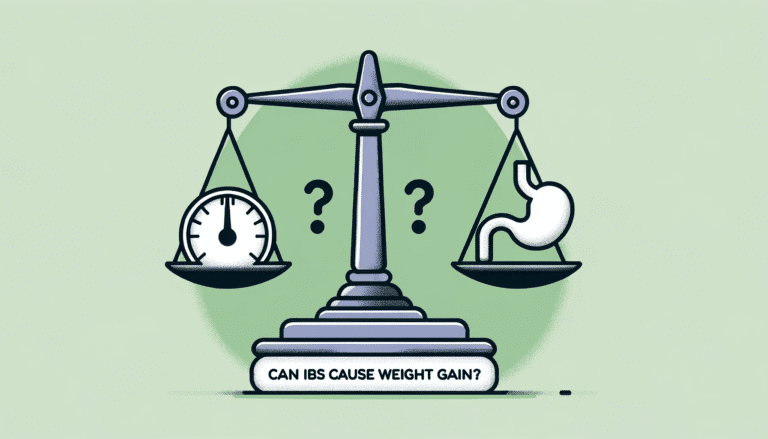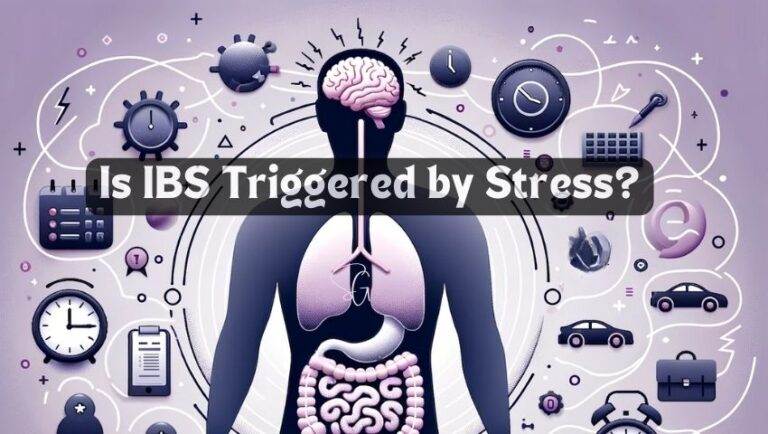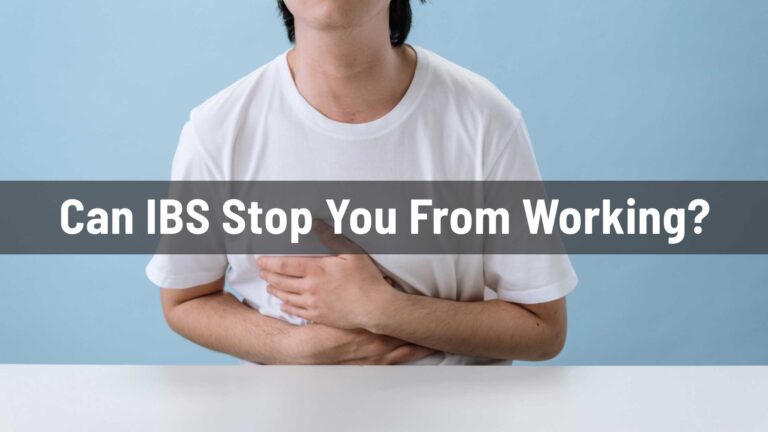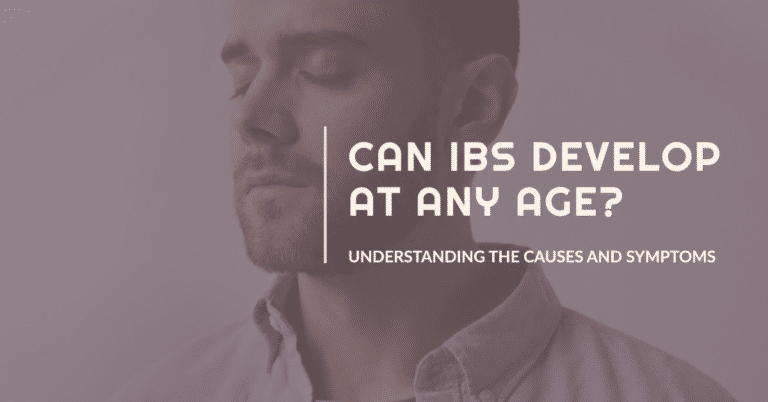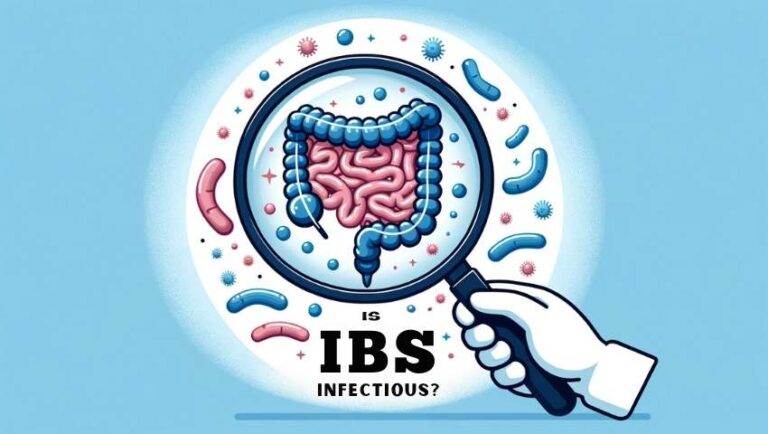Is IBS Life Threatening? My Take on Dealing With Irritable Bowel Syndrome
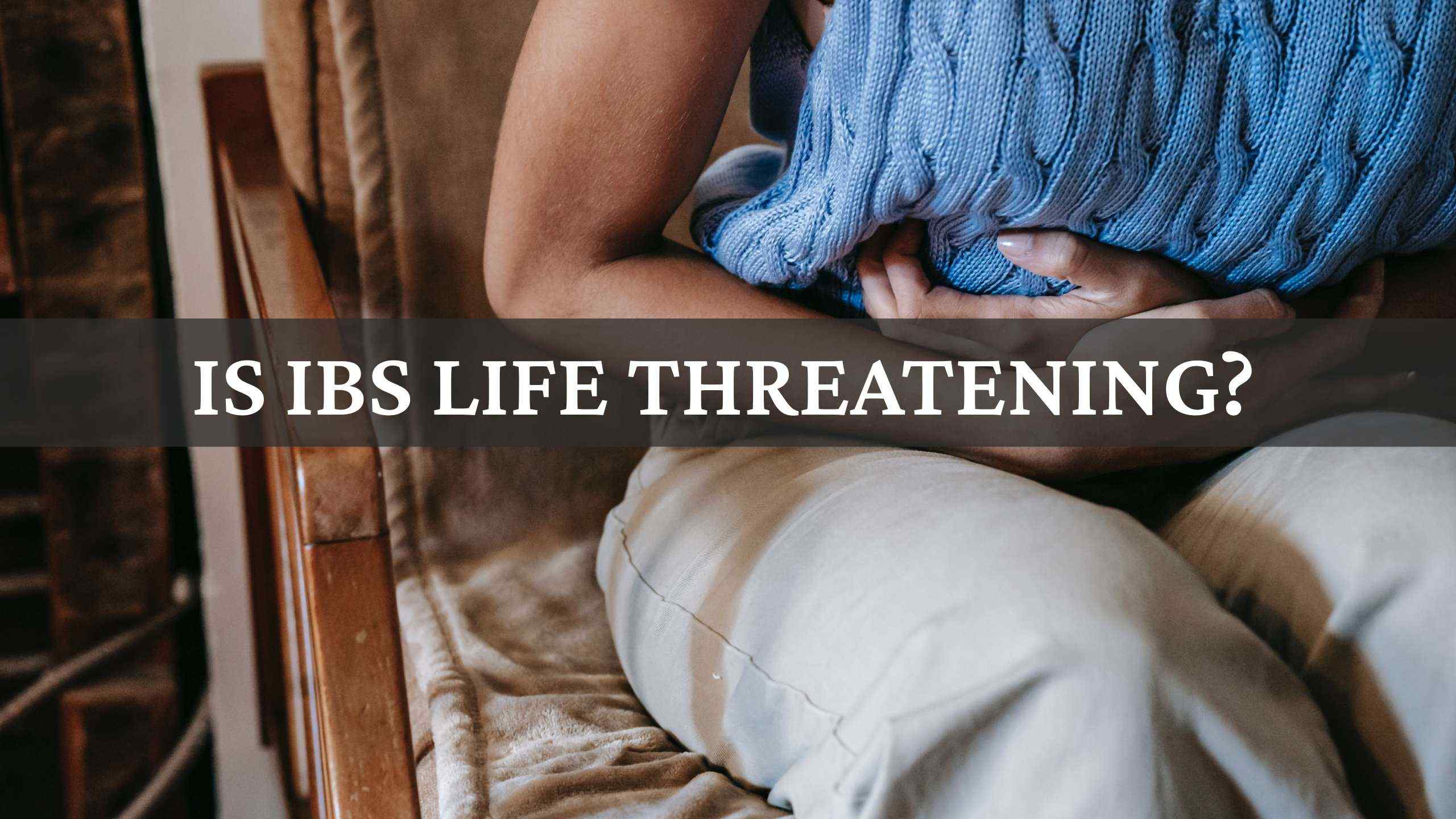
So, let’s cut to the chase: is IBS life threatening??
No, it’s not. But it sure knows how to disrupt your day, shake your confidence, and monopolize your thoughts.
If you’re itching to dig deeper, keep reading.
Key Takeaways
- IBS (Irritable Bowel Syndrome) isn’t fatal but can severely impact your quality of life [1].
- Symptoms of IBS range from abdominal pain to irregular bowel habits.
- Stress and certain foods are common triggers.
- A colonoscopy is often recommended for diagnosis.
- Treatment options are diverse, including dietary changes and lifestyle adjustments.
What’s Bugging Your Bowels? IBS Defined
Ah, Irritable Bowel Syndrome, the gastrointestinal gift that keeps on giving. It’s more common than you think, plaguing millions of stomachs worldwide.
But what exactly is it? Simply put, IBS is a chronic condition of the digestive tract. Symptoms can include abdominal pain, bloating, and either diarrhea or constipation.
While it’s not a degenerative disease and won’t lead to colorectal cancer, IBS certainly takes a toll on your quality of life.
Think your gut is staging a revolution? You might want to read up on what an IBS flare-up looks like.
But How Can You Tell? – Diagnosing IBS Explained
You can consult a gastroenterologist to confirm a diagnosis. Doctors usually ask for your medical history and may recommend blood tests.
A colonoscopy is often recommended for those like me who’ve been on the scenic route of gut troubles.
It provides the most comprehensive view of the intestines and colon, ruling out other gastrointestinal disorders, such as inflammatory bowel disease.
In my case, after a tedious cycle of tests and counter-tests, the doctor handed me a piece of paper with “IBS” scribbled on it.
It felt like a mixed bag. No, it wasn’t life-threatening, but man, does it know how to stir the pot!
Food Fiascos and Mood Swings: What Triggers IBS?
You’re hanging out, feeling somewhat human, and then boom—a plate of spicy noodles sends you running for the loo.
Sound familiar? Triggers can be as diverse as the people with IBS they affect.
For some, it’s certain foods that instigate an abdominal uproar. For others, it’s increased stress levels that jolt the digestive system into a chaotic state.
Knowing your IBS triggers can save you from a heap of intestinal drama. Trust me, you don’t want to learn the hard way.
Common Triggers
- Spicy foods
- Dairy products
- Alcohol
- Stress
- Lack of sleep
Can You Tame the Beast? Managing IBS Symptoms
Life with IBS isn’t a walk in the park, but it’s manageable. The treatment landscape is a smorgasbord of options, ranging from lifestyle changes to pharmaceutical interventions.
While a low FODMAP diet is usually the starting point, some people find relief through medications, supplements that help IBS, or even psychological therapies such as Nerva.
To navigate this labyrinth, consult a dietitian familiar with IBS. I’ve had personal experience with this: weaving through a maze of safe and trigger foods, all while battling IBS and celiac disease.
Oh, what a ride it has been!
How Does IBS Impact Quality of Life?
Let’s get real for a second. While IBS isn’t usually life-threatening, the impact on your quality of life can be significant.
You know, those days when abdominal pain has you doubled over and you’re scouring the web to find out why IBS can be so painful.
With symptoms like constipation, diarrhea, and bloat, the toll isn’t just physical but emotional too.
Imagine the nightmare of an IBS flare-up during a long drive. It’s not just the physical discomfort, it’s also the worry of ‘where’s the nearest restroom?’ that can make life borderline unbearable.
Trust me, I’ve been there.
And let’s not underestimate the role of stress, which can act as a trigger for IBS symptoms. It’s a vicious cycle, really: increased stress exacerbates symptoms, and the symptoms themselves become a source of even more stress.
Talk about a double whammy!
IBS and Mental Health
Mental well-being gets tangled up with IBS in a complex web. You’d be surprised to know how common depression and anxiety are among people with IBS.
Now, mental health isn’t something we usually tie to gastrointestinal problems, but the connection is there, lurking in the background.
Those feelings of ‘why me?’ aren’t exclusive to you or me; they’re a shadow that looms large over anyone dealing with this chronic condition.
Remember, stress isn’t just a trigger, it’s often a result too. The emotional toll amplifies the physical one, and sometimes the only reprieve is solitude.
Yet solitude brings its own set of issues, like loneliness and isolation. See what I mean? It’s a labyrinth.
How Gastroenterologists Diagnose IBS
So, you’re living through these symptoms and you finally decide to get a gastroenterologist on your team. After all, proper diagnosis is the first step towards any kind of relief.
A physical exam and a good old chat about your medical history will generally be your starting point. Colonoscopy? Yep, you’ll likely have to face that too.
You know, going through blood tests and a colonoscopy wasn’t a walk in the park for me. Yet, I felt a weird sort of relief after my diagnosis.
It was as if I could finally point to a medical term for all the discomfort and interruptions I’d been experiencing. And diagnosis paved the way for treatment options, something I could hold on to.
| Tests Often Recommended by Gastroenterologists | Purpose |
|---|---|
| Blood Tests | Rule out other conditions like inflammatory bowel disease and celiac |
| Colonoscopy | Examine the colon for other issues and confirm a diagnosis |
| Physical Exam | General check-up to understand symptoms better |
Dietary Tweaks for Relief
Dietary changes are the first line of defense, right? A low FODMAP diet is what most doctors and dietitians recommend for controlling symptoms.
For me, the shift wasn’t just physical but emotional. I had to get past my love for garlic bread and deal with the emptiness it left behind. Yet, it was worth it because I started to see changes in my bowel habits.
Changing your diet doesn’t have to be a solo journey. A dietitian can help you make educated choices that keep those nasty symptoms at bay.
Sure, avoiding certain foods can seem like a culinary death sentence, but it’s a small price for a shot at normalcy.
Fancy a list? Here are some typical foods that may trigger IBS symptoms:
- Dairy products
- High-FODMAP fruits like apples and pears
- Foods high in fructose
- Foods high in fiber
The Silver Lining – Lifestyle Changes and Self-Care
Don’t underestimate the power of lifestyle changes. Incorporating regular exercise, like walking or yoga, does wonders for stress management and gut health.
And don’t shy away from self-care practices. I find meditation and mindfulness techniques incredibly helpful. It’s all about taming that anxiety beast and giving your gut a break.
The whole journey is a rollercoaster, no doubt. If there’s something to ease the ride, it’s staying informed. Have you read about irritable bowel syndrome self-care?
The more you know, the less scary IBS becomes.
Is IBS Life Threatening? – Final Thoughts
So, is IBS life threatening? No, but it can be a life-altering condition that messes with both your physical and emotional well-being.
The struggle is real, from identifying triggers to coping with social stigmas. But with the right diagnosis and a strategic approach to managing symptoms, you can reclaim some of that lost ground.
It’s an ongoing battle, and you’re not fighting it alone.
With proper self-care, dietary adjustments, and perhaps a bit of professional guidance, the quality of your life can see a much-needed uplift.
There’s no ‘cure’ per se, but relief? Absolutely possible. Cheers to a future where your gut doesn’t dictate your plans!
Disclaimer: This content is based on my personal experience as an individual diagnosed with celiac disease and IBS (Irritable Bowel Syndrome) who follows a strict gluten-free diet. This does not constitute medical advice. Please consult a medical professional, nutritionist, or qualified dietitian for personalized, professional advice.

